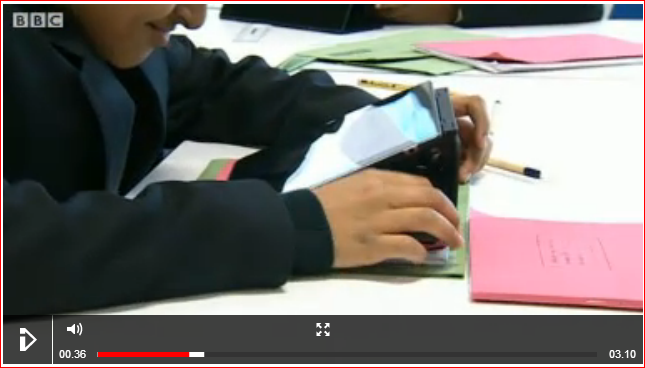
Its been my experience that many who are coming around to this idea that mobile is pretty much it, find it hard to believe the place that communications takes over other physical and psychological needs. Then again, the research is out there, and it does make sense when you are able to break from your cultural norms and see what others value:
…He is trying to argue that the consequences of the 2nd Industrial Revolution, which bought to common people electricity and plumbing, was far more important than the computers and internet which the 3rd Industrial Revolution has brought us. (Gordon’s 1st Industrial revolution was steam and railroads.) As evidence of this claim he offers this hypothetical choice between option A and option B.
With option A you are allowed to keep 2002 electronic technology, including your Windows 98 laptop accessing Amazon, and you can keep running water and indoor toilets; but you can’t use anything invented since 2002. Option B is that you get everything invented in the past decade right up to Facebook, Twitter, and the iPad, but you have to give up running water and indoor toilets. You have to haul the water into your dwelling and carry out the waste. Even at 3am on a rainy night, your only toilet option is a wet and perhaps muddy walk to the outhouse. Which option do you choose?Gordon then goes on to say:
I have posed this imaginary choice to several audiences in speeches, and the usual reaction is a guffaw, a chuckle, because the preference for Option A is so obvious.But as I just recounted, Option A is not obvious at all.
The farmers in rural China have chosen cell phones and twitter over toilets and running water. To them, this is not a hypothetical choice at all, but a real one. and they have made their decision in massive numbers. Tens of millions, maybe hundreds of millions, if not billions of people in the rest of Asia, Africa and South America have chosen Option B. You can go to almost any African village to see this. And it is not because they are too poor to afford a toilet. As you can see from these farmers’ homes in Yunnan, they definitely could have at least built an outhouse if they found it valuable. (I know they don’t have a toilet because I’ve stayed in many of their homes.) But instead they found the intangible benefits of connection to be greater than the physical comforts of running water.
Most of the poor of the world don’t have such access to resources as these Yunnan farmers, but even in their poorer environment they still choose to use their meager cash to purchase the benefits of the 3rd revolution over the benefits of the 2nd revolution. Connection before plumbing. It is an almost universal choice.
This choice may seem difficult for someone who has little experience in the developing world, but in the places were most of the world lives we can plainly see that the fruits of the 3rd generation of automation are at least as, and perhaps more, valuable than some fruits of the 2nd wave of industrialization.
Read the rest of The Post-Productive Economy at The Technium
Someone told me when I started MMM and they realized that I did nearly everything on my mobile that I was taking an extreme stance on getting to know this space. I’d argue that such a posture isn’t extreme at all, but in fact bends towards understanding the implications of these choices better than simply counting an observation and marking its characteristics versus what my culture determines as normal.





